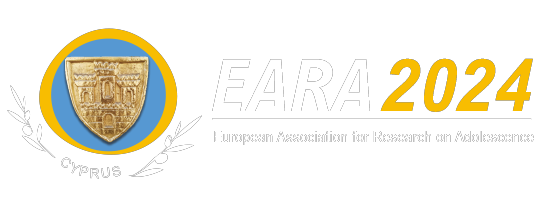Invited Symposia & Roundtables
Invited Symposia

Dynamics of parent-adolescent relationships: Individual processes and long-term outcomes
Susan Branje
Professor, Utrecht University, The Netherlands
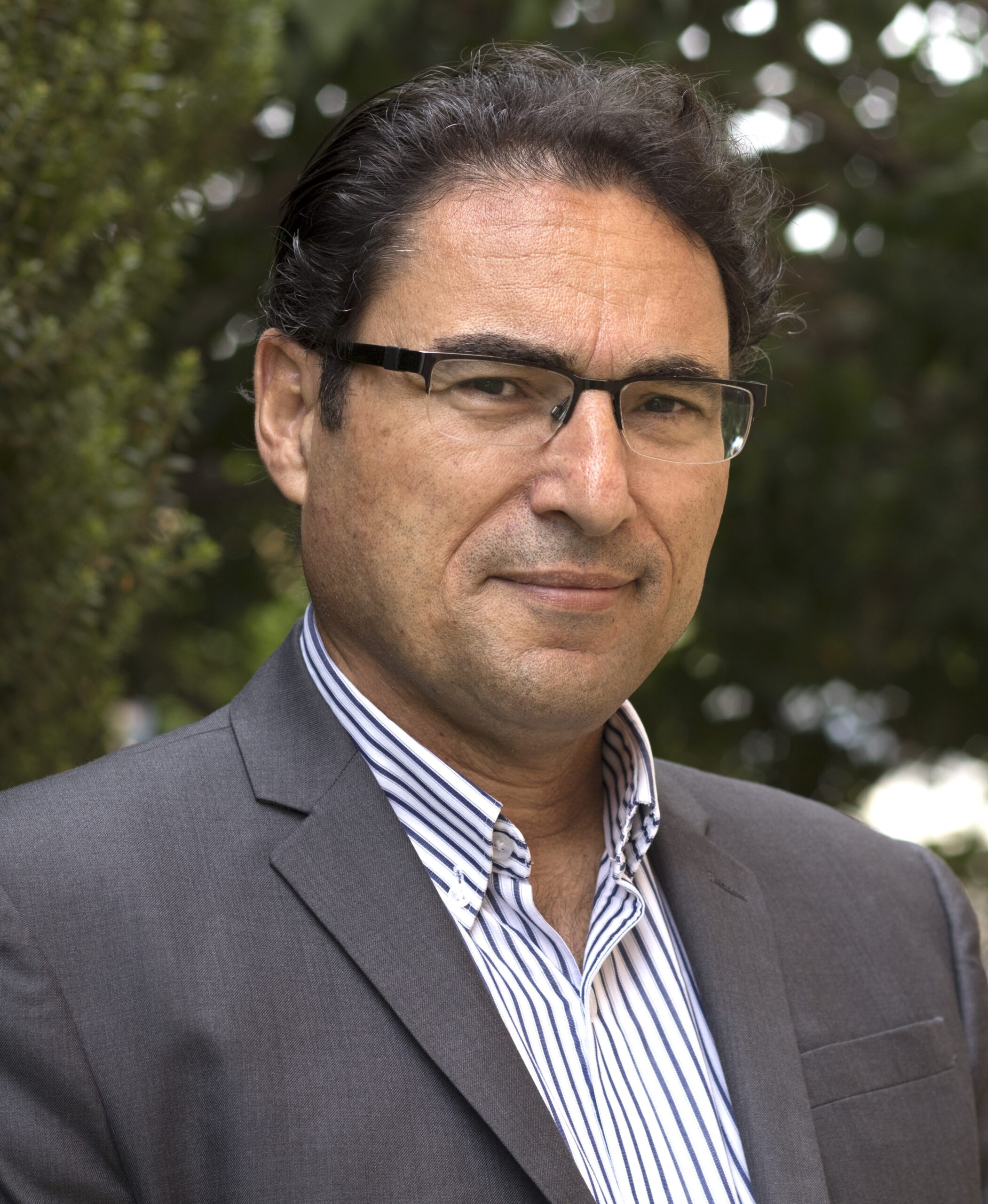
Enhancing adolescents’ wellbeing and resilience
Carmel Cefai
Professor, University of Malta, Malta
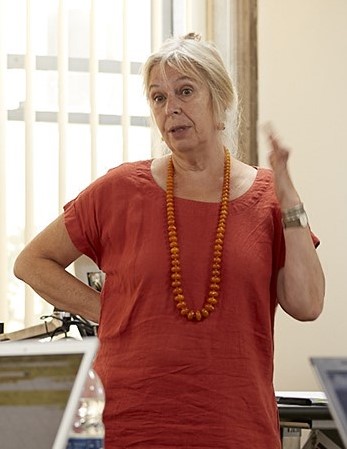
The Emotional Consequences of Environments, particularly School Environments, on the Mental Health of Neurodiverse Adolescents
Jane Hurry
Professor, UCL, UK
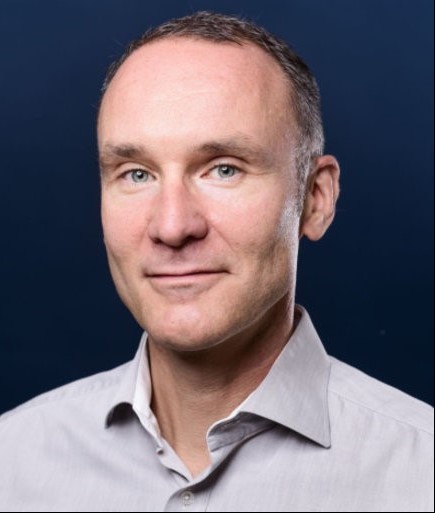
Youth, Climate, and Change: Exploring Responses, Well-Being, and Pro-Environmental Behavior
Siegmar Otto & Nicolas E. Neef
Professor, Universität Hohenheim, Stuttgart, Germany
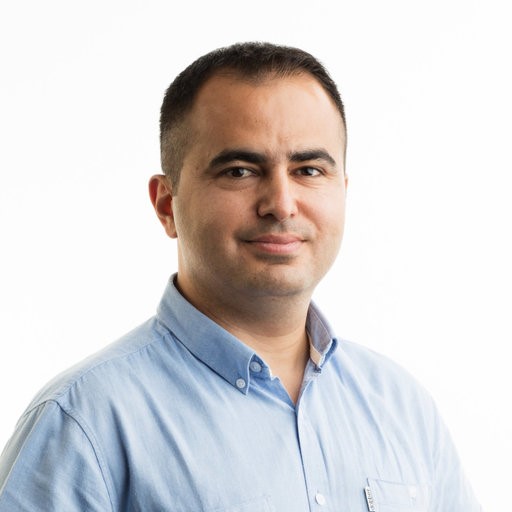
Moving Beyond Deficit Perspectives: Can Developmental Research Propose New Approaches to Studying Youth with Refugee and Immigrant Backgrounds?
Metin Özdemir
Associate Professor of Psychology, Örebro University, Sweden
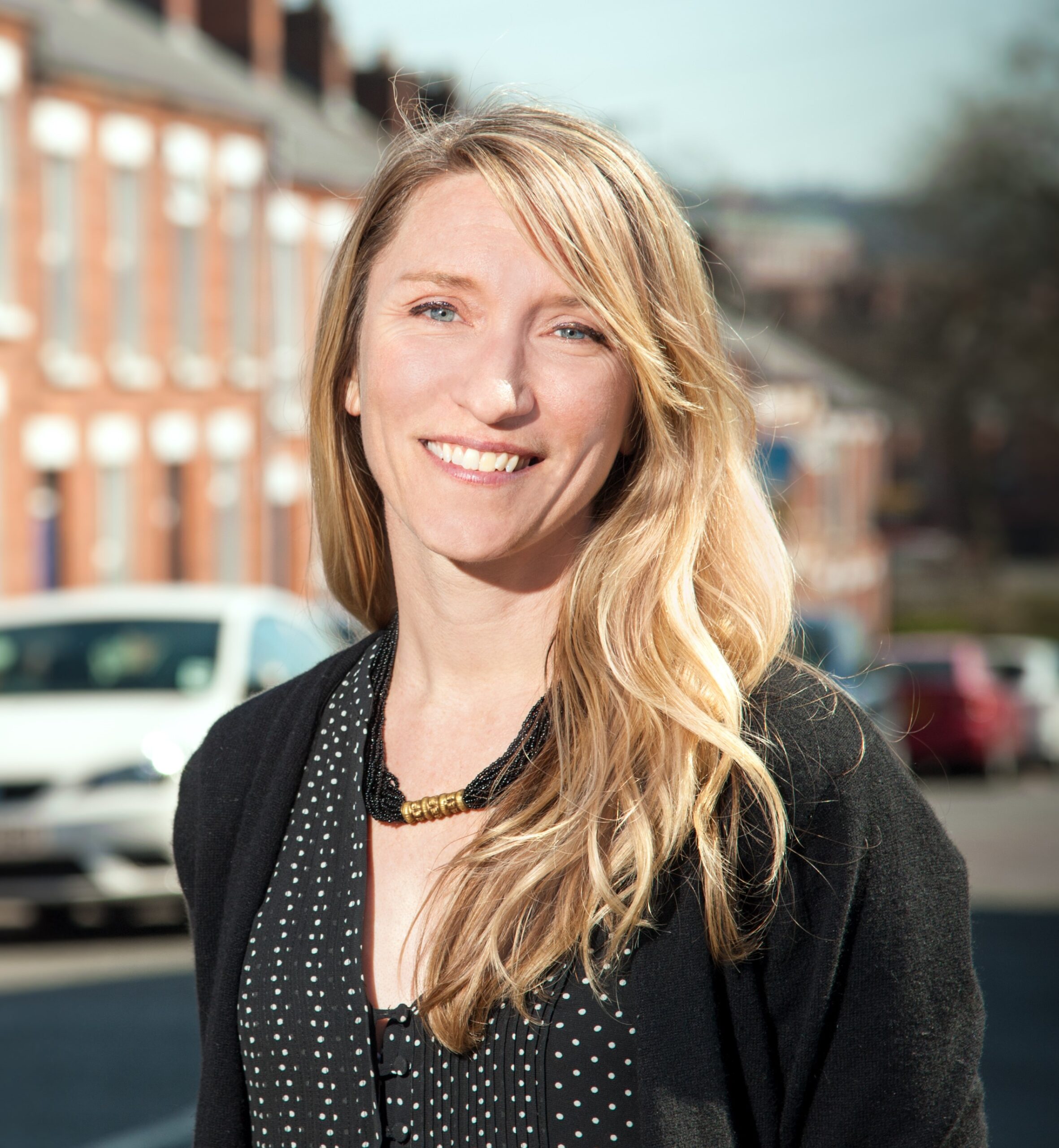
From Trauma to Peace: Global Perspectives on Youth in Conflict Settings
Laura K. Taylor
Associate Professor, University College Dublin, Ireland
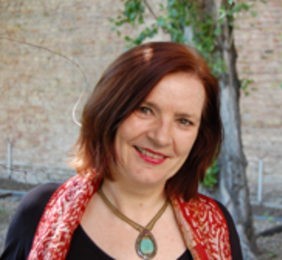
The EARA Collaborative Network Showcase: New Research on Discrimination, Inequality, LGBTQ, Prejudice, and Mental Health
Ingrid Schoon
University College London, UK
Roundtables
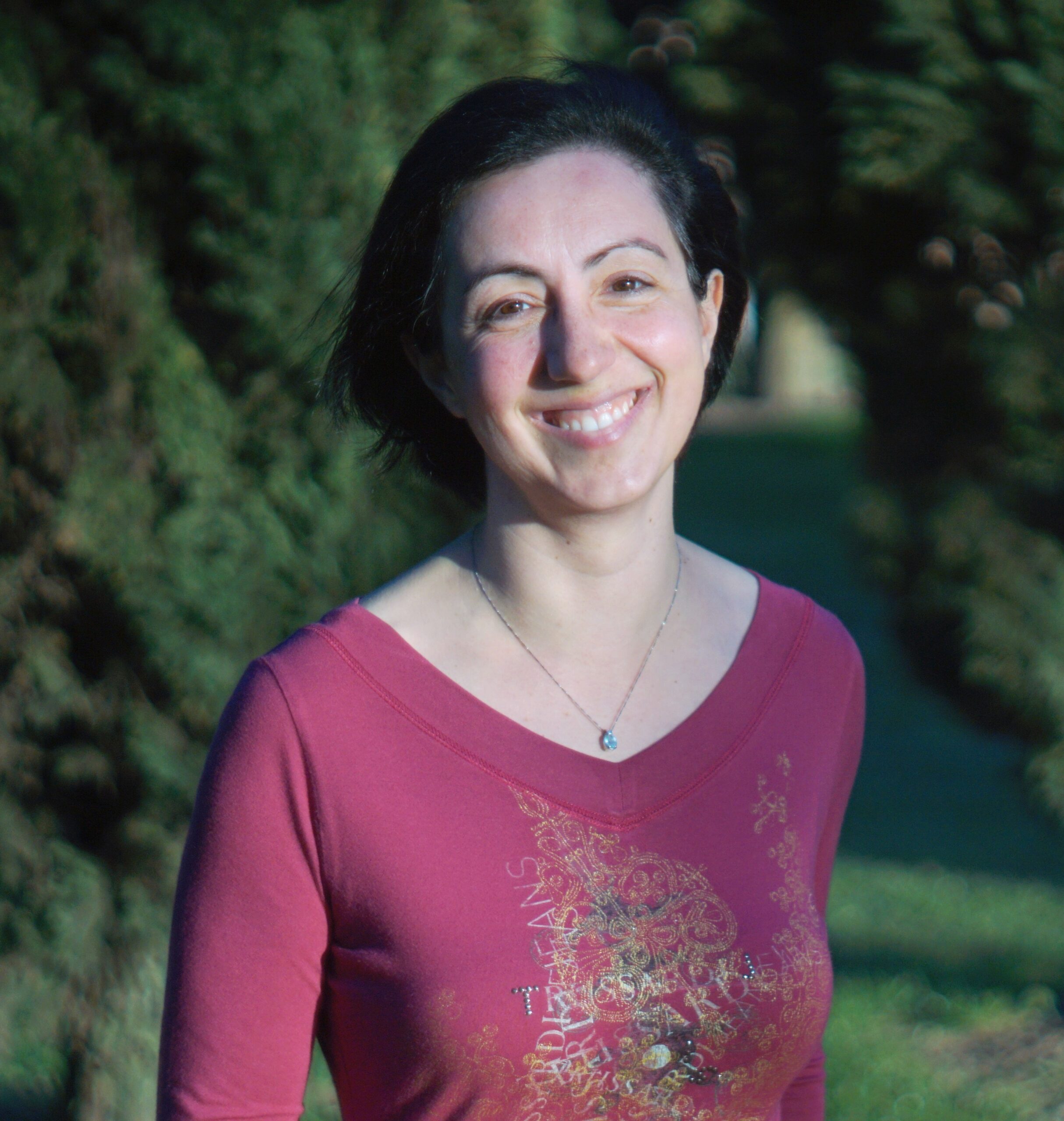
Research on Adolescence: The experience of ERC projects
Elisabetta Crocetti
Professor of Social Psychology, University of Bologna, Italy
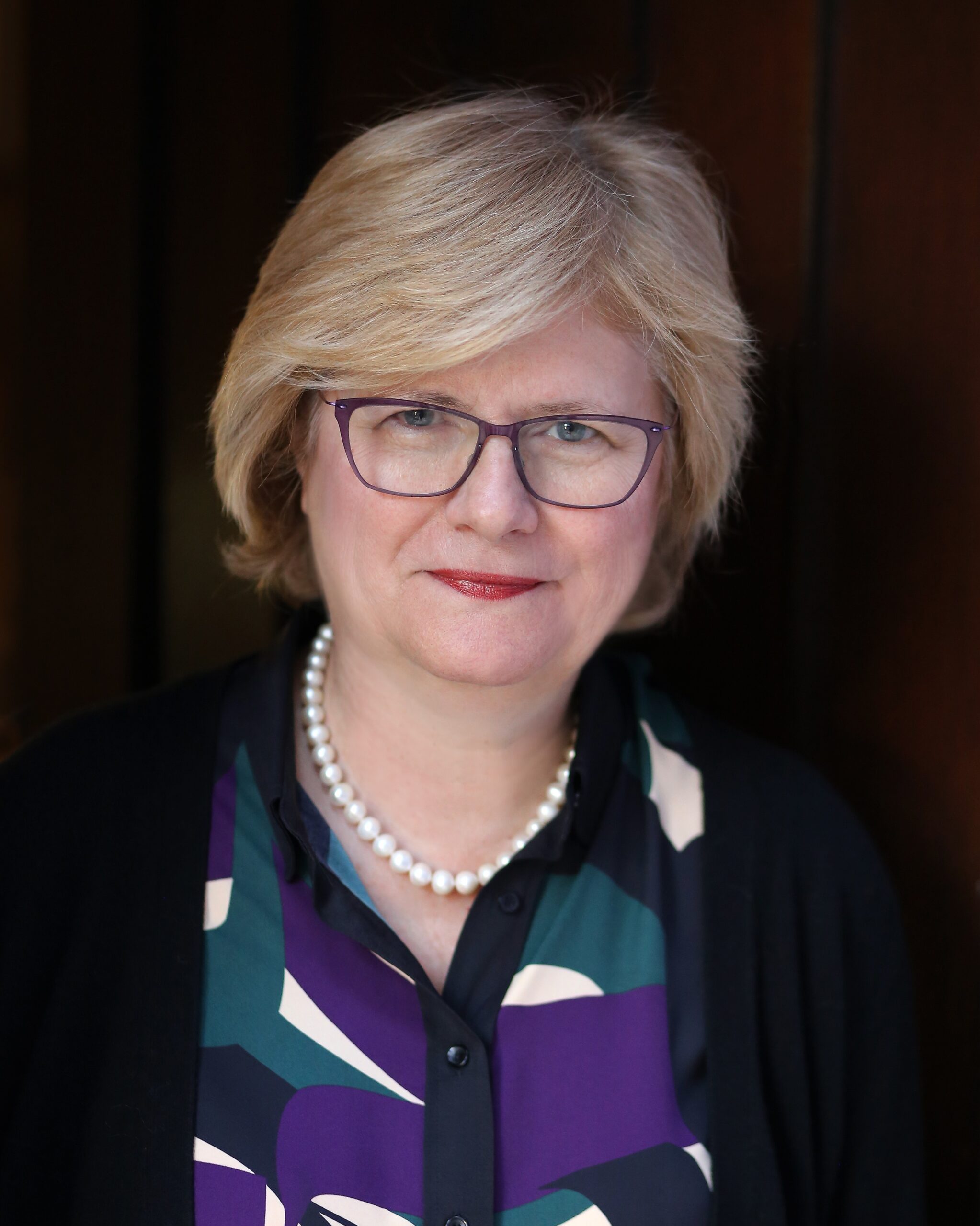
Promoting Positive Adaptation and Development among Refugee Children and Youth
Frosso Motti-Stefanidi
Professor of Psychology, National and Kapodistrian University of Athens, Greece

Destination Future: Is Developmental Psychology Ready to Take off?
Dagmar Strohmeier
Professor of Intercultural Competencies, University of Applied Sciences Upper Austria, Austria & University of Stavanger, Norway
Meet the Editors
Young Scholars
Discussion Session

“Active and Passive Caregiver Consent in Research on Minors: Towards an Inclusive, Hybrid Approach?”
Chair: Prof. Geertjan Overbeek, University of Amsterdam, the Netherlands
Dynamics of parent-adolescent relationships: Individual processes and long-term outcomes
Susan Branje
Professor, Utrecht University, The Netherlands
It is well known that parent-adolescent relationships are important for adolescents’ psychosocial functioning. Recent developments in the area of parent-adolescent relationships have shown that we need a better understanding of processes in the parent-adolescent relationship across different time scales and their interrelations. Also, we need a better understanding of the universality versus uniqueness of these processes and their outcomes across families. The contributions in this symposium will therefore focus on differences across families in the dynamic processes of parent-adolescent relationships and parenting across different time scales, ranging from day-to-day to year-to-year. Moreover, by coupling shorter-term processes with long-term outcomes, the symposium will address whether, when and for whom developmental dynamic processes shape more stable long-term outcomes.
Research on Adolescence: The experience of ERC projects
Chair: Elisabetta Crocetti
University of Bologna, Italy
This roundtable brings together EARA scholars conducting frontier research funded by the European Research Council (ERC). In an interactive discussion with the audience, the panelists will share their experience in designing and implementing their ERC projects, focusing on both opportunities and challenges of conducting so-called “high-risk/high-gain” research. Furthermore, they will share their experience with the writing and submission of the grant proposal and the evaluation process.
The panelists are:
- Maya Benish-Weisman (Hebrew University of Jerusalem, Israel), PI of the ERC-Consolidator project BeValue “From Behavior to Values: An Unexplored Process of Personal Value Development”
- Susan Branje (University of Utrecht, the Netherlands), PI of the ERC-Consolidator project INTRANSITION “Development of Identity and Relationships during Transitions in Adolescence”
- Elisabetta Crocetti (University of Bologna, Italy), PI of the ERC-Consolidator project IDENTITIES “Managing Identities in Diverse Societies: A Developmental Intergroup Perspective with Adolescents”
- EllaDaniel (Tel Aviv University, Israel), PI of the ERC-Starting project Valueln “A Comprehensive Approach to Value Transmission in the Digital Age”
- Matteo Giletta (University of Ghent, Belgium), PI of the ERC-Starting project Outside-In “Outside-in: How Bullying in Adolescence Gets into The Mind and Under the Skin”
Discussion Session:
“Active and Passive Caregiver Consent in Research on Minors:
Towards an Inclusive, Hybrid Approach?”
Chair: Prof. Geertjan Overbeek, University of Amsterdam, the Netherlands
Panelists: Geertjan Overbeek (affiliation see above), Susan Branje
(Utrecht University, the Netherlands), Metin Őzdemir (Őrebro University, Sweden), Jennifer Symonds (University College London, United Kingdom)
Integrative Session Abstract:
When studying adolescents who are legal minors, researchers must work with informed consent from parents or legal guardians. Informed consent can be obtained using passive or active consent procedures. Passive consent assumes that caregivers consent that their child participates, unless they actively indicate that they do not want this. Active consent assumes that caregivers do not consent that their child participates, unless they actively indicate they do want this. These consent procedures are designed to protect the interests of underage research participants who may lack the power, education, and resources to protect themselves.
In 2018, the European Union implemented a General Data Protection Regulation (GDPR) due to increasing concerns about commercial enterprises going after ‘big data’ without sufficiently safeguarding individual user privacy and data security. Since the introduction of this GDPR, but also before, various ethics committees and journal editors in the field of human behavior research repudiated the use of passive consent procedures. Nowadays, active caregiver consent is by far the most commonly used procedure in different types of human behavior research with legal minors.
In this discussion session, in a first plenary presentation we critically reflect on benefits and costs of using active caregiver consent procedures, and examine whether a discussion is warranted about the circumstances under which active and/or passive consent can be used, and under which conditions we can speak of a well-informed, safe, and voluntary participation of adolescents. Next, four panelists with experience and expertise in this domain convene with the broader audience, discussing several specific questions:
- Is our interpretation of the current GDPR overly restrictive, when we assume
that the GDPR holds that active parental consent is a necessity?
- When, or under what circumstances, can we envision the use of passive parental
consent instead of active parental consent?
- When is working with passive parental consent allowable, or even necessary, for good developmental science?
- To what extent does working with active parental consent restrain youths’ right to autonomous and voluntary research participation—or doesn’t it?
- Are we currently striking a good balance between ‘the greater good’ that we can contribute to with our research on adolescents and parents’ right to reject participation on sensitive topics?
The main intention of this discussion session is to add nuance to the ongoing debate about different consent procedures in adolescent research. Rather than pitching an either/or active-versus-passive discussion, our ultimate key question is not ‘which consent procedure should we use?’, but rather ‘what kind of research is in the best interests of our youths, caregivers and society at large?’ The discussion session may thus hold relevance for a broader community of behavior scientists and their associated judicial parties, providing input for a legal debate about the boundaries of the current GDPR. Also, it may provide useful information and perspective to colleagues who function in local Institutional Review Boards (IRBs), national ethics review bodies, and journal editorial boards alike.
